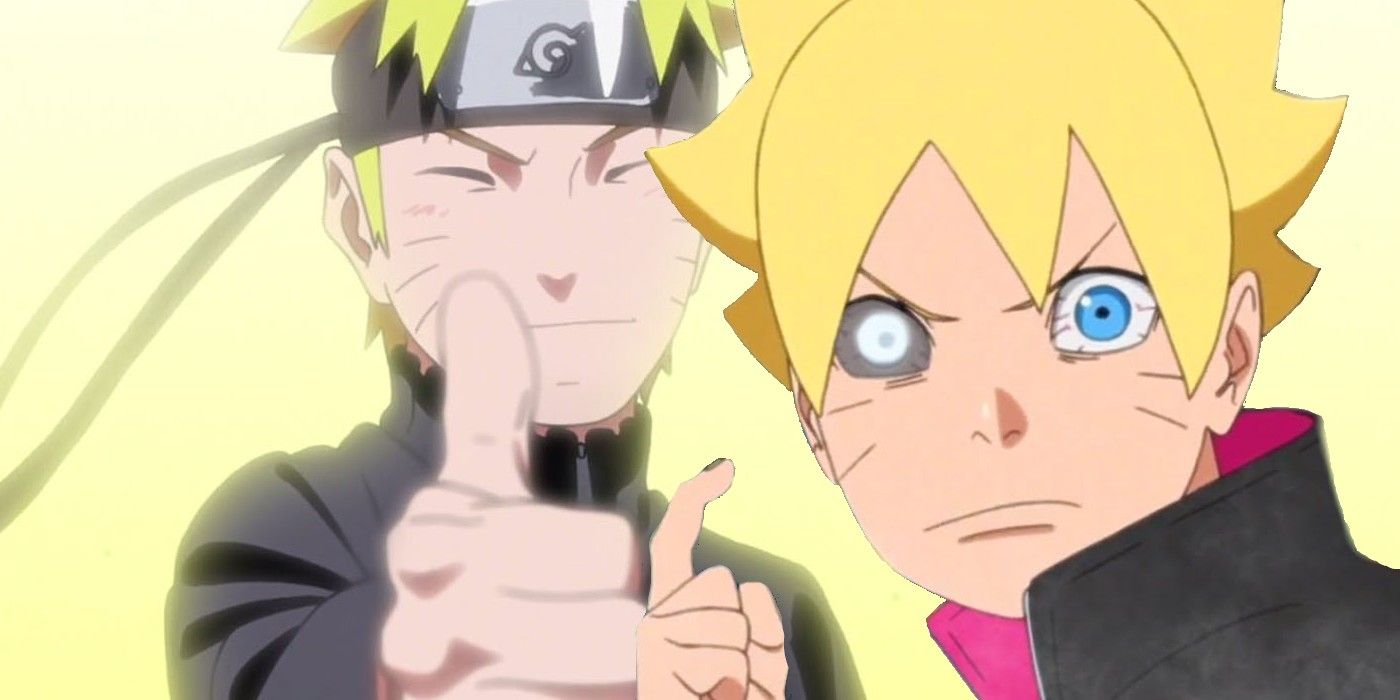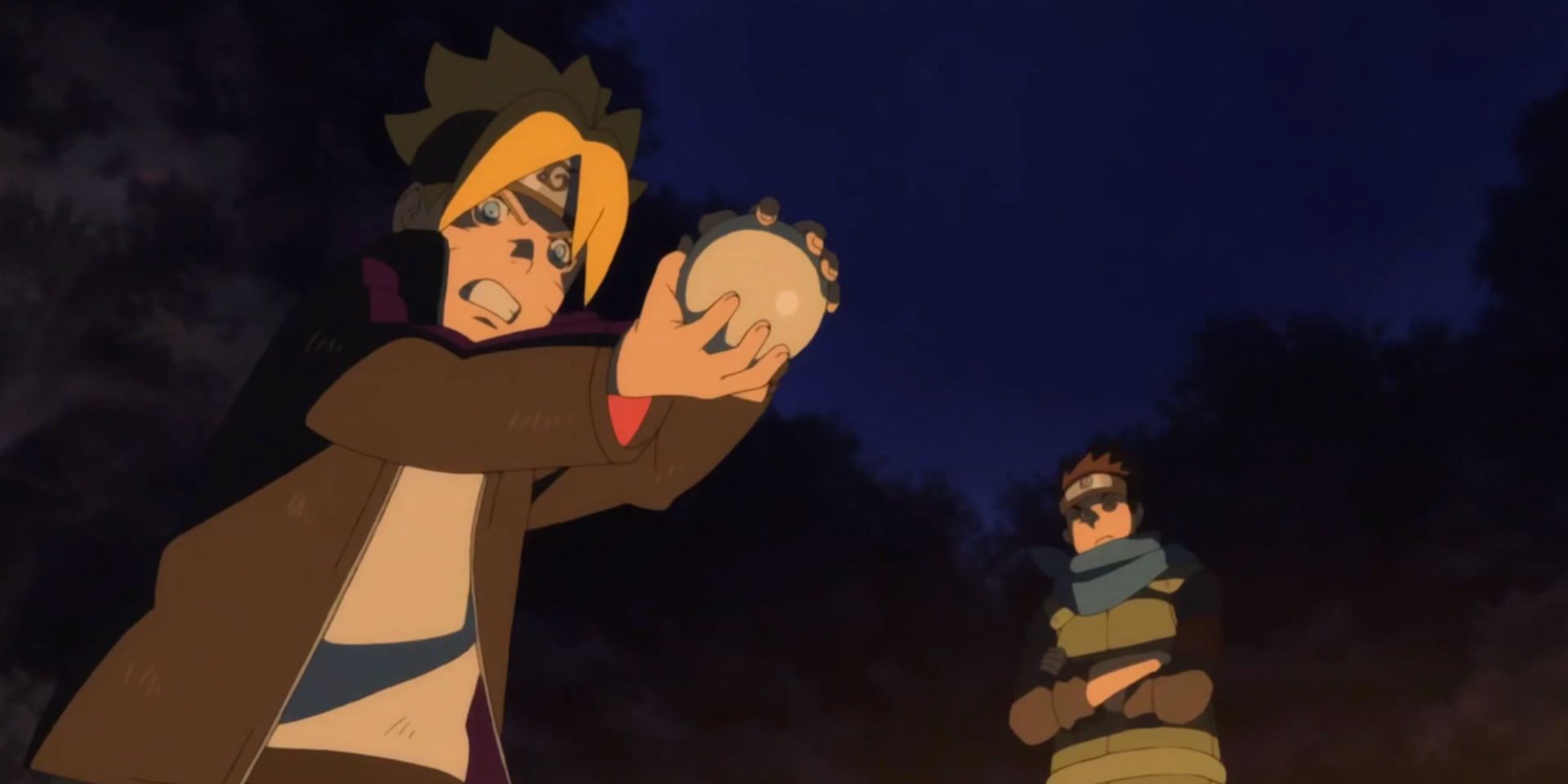Boruto: Naruto Next Generations sees Naruto Uzumaki's son take over as the face of the franchise, but the youngster is nowhere near as compelling as his father. Debuting in 1999, Naruto was one of the first anime and manga series since Dragon Ball to seriously capture the attention of a worldwide audience. Masashi Kishimoto's ninja tale ran for a staggering 15 years before drawing to a close, but the lure of a sequel proved too tempting and it wasn't long before a follow-up series was announced.
Boruto began publication in 2016, and despite a lack of involvement from the original creator, the anime and manga have both proven popular. Set during Naruto Uzumaki's reign as the Seventh Hokage of Konoha village, the story focuses on his son, Boruto, and other members of the new generation such as Sarada (the daughter of Sasuke and Sakura) and Mitsuki (the synthetic offspring of Orochimaru). Mirroring the Akatsuki from the original Naruto series, Boruto introduces Kara, a villainous organization lead by a new member of Kaguya Otsutsuki's clan. Just like his father in the old days, Boruto is front and center of the fight against these powerful emerging enemies.
While Boruto certainly has plenty to offer, it can't quite live up to its predecessor, especially when it comes to having the best protagonist. In Kishimoto's story, Naruto is the archetypal underdog, shunned by his village and bottom of his class. As the chapters pass, Naruto grows from a troubled outcast to the most powerful, respected person in Konoha. This evolution forms the heart of the entire Naruto series. Boruto, on the other hand, seems to have everything going for him from the start. He's top of his academy, more popular than Ichiraku's ramen stand and has an unerring swagger. At the beginning of the sequel, Boruto does go through a rebellious phase, angry at his overworking father. However, this issue is soon resolved, leaving Boruto Uzumaki with no room for major personal growth. Fans used to imagine what Naruto would be like by the end of his series, hoping adult Naruto could overcome his many difficulties. With Boruto, the protagonist already feels virtually complete.
The other major problem with Boruto is the lack of a strong goal. Naruto's motivation and desire was always to become Hokage - something the budding ninja never shut up about. Whatever else was going on in Naruto's life, whether it be Sasuke, the Akatsuki or the end of the world, the target of becoming Hokage was the symbolic completion of Naruto's character arc. Boruto does have a career goal in mind, but it's a fairly underwhelming one. Instead of aiming for the top, Boruto just wants to become a ninja who aids the Hokage. Not only is this much less exciting in storytelling terms, but Boruto is already performing that role to some extent. His aims are hardly ambitious or grand enough to drive an entire anime series.
Boruto isn't a boring or uninteresting anime protagonist by any means. His fierce determination and loyalty bear all the hallmarks of a typical Shonen hero, and it would've been redundant to make Boruto a carbon copy of his father. For such a young character, Boruto also experiences a very eventful childhood. Naruto's son is afflicted with the Otsutsuki Karma power and forges a brotherly bond with the mysterious and brooding Kawaki, both of which conjure long-term intrigue. But where Boruto seems defined by events that happen to him, Naruto was defined by his own innate personality. Put Naruto alone in a room with no one to interact with, and he's still a fascinating character. On the other hand, Boruto needs others to bounce off in order to make him interesting.


